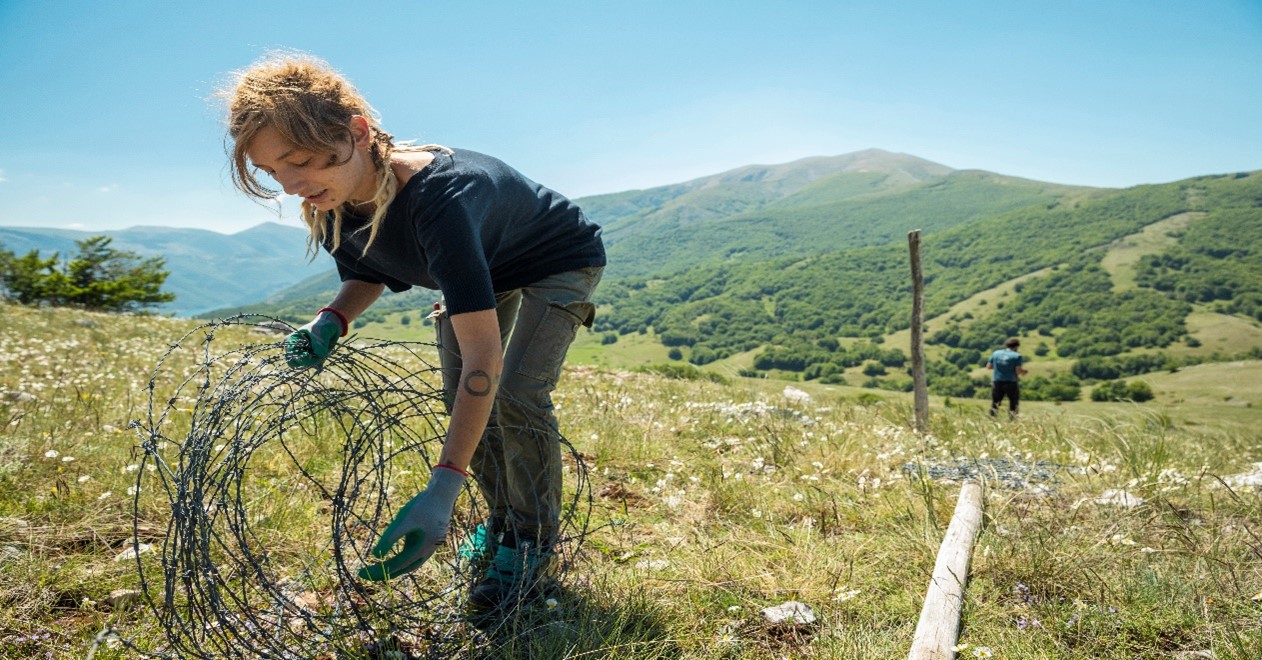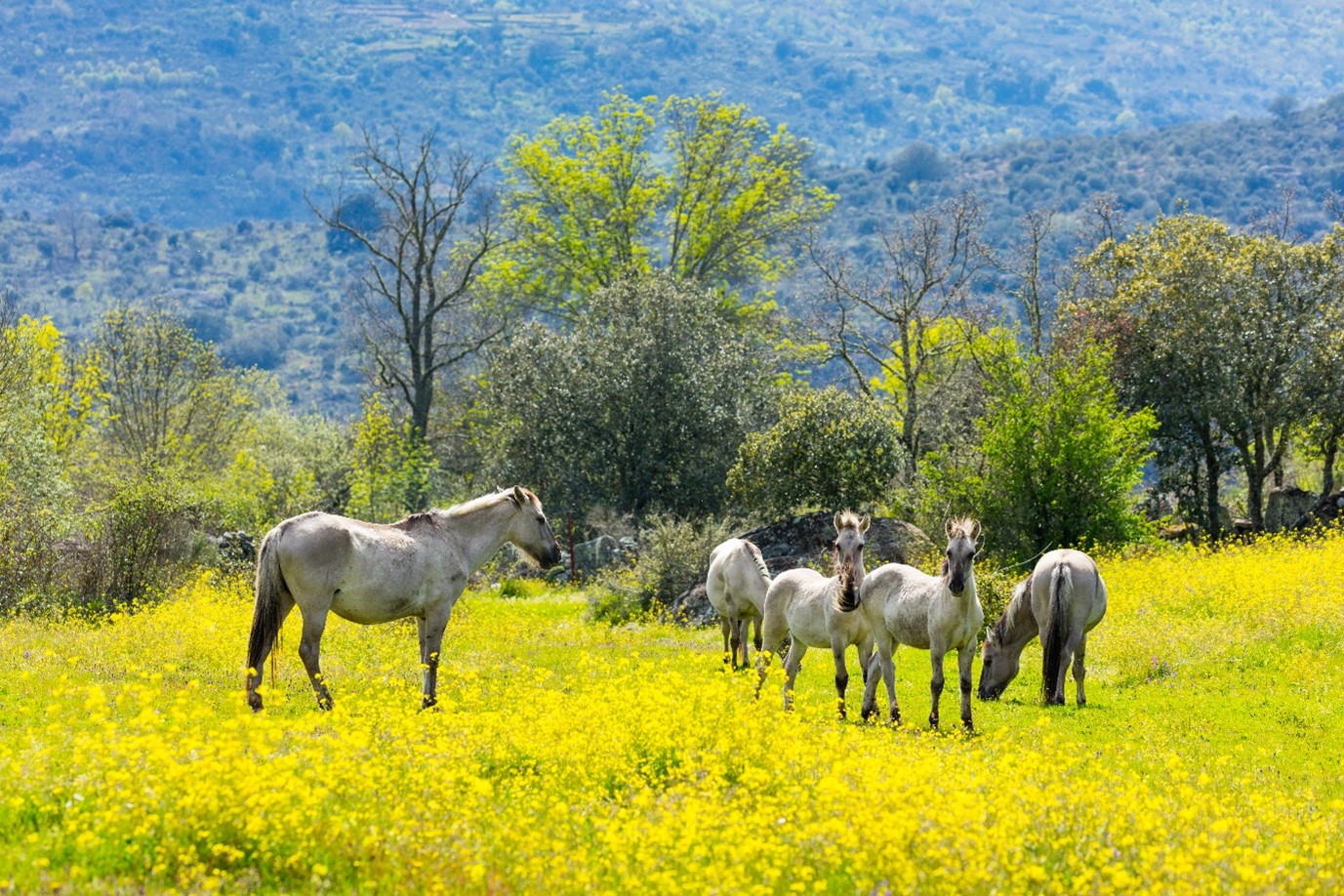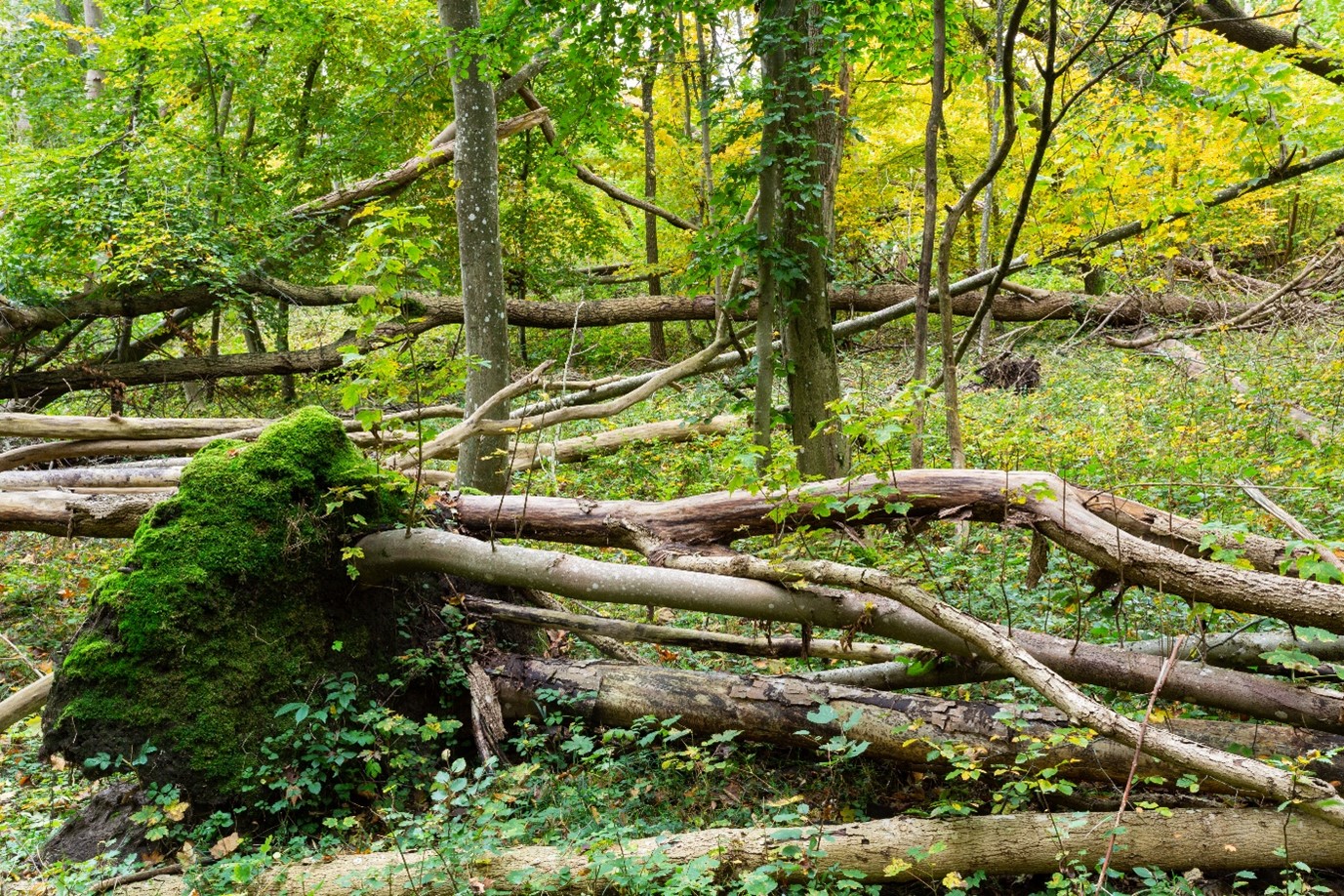Conservation Covenants
Conservation Covenants
Pine Marten, a species native to the UK and now found only in Scotland and small areas of England and Wales
The Lifescape Project’s Rewilding Law Hub is the first resource of its kind. Our vision is to create a legal resource centre for those wanting to manage land in accordance with rewilding principles. The Hub will achieve this by providing information covering key aspects of rewilding from a legal perspective across multiple jurisdictions.
At Lifescape, we are fortunate to have in-house legal expertise that helps us navigate the laws applicable to rewilding. We know from our work with rewilding practitioners and other land managers, however, that a lack of familiarity with legislation and what it means for rewilding projects can be a barrier to entry for people with rewilding ambitions.
As we launch the Rewilding Law Hub, we are publishing a series of briefing notes produced in conjunction with Rewilding Britain, Rewilding Europe, and our network of legal partners. The notes provide in-depth introductions to key laws relevant to rewilding across a range of UK and European jurisdictions.
The notes offer the practical and detailed information needed for the legally aware running of any rewilding initiatives, from a small, volunteer-led operation to a large-scale, potentially even cross-border initiative. If you have a question relating to rewilding law, these notes will support you with takeaway summaries, case studies, accessible explanations, and references to the applicable legislation.
The primary goal of these notes is to help those already engaged in rewilding, and to smooth the path for others who would like to get started.
Sara King, Rewilding Manager at Rewilding Britain, says:
“We’ve designed these briefing notes for rewilders who are not lawyers and they cover the key legal questions we repeatedly receive from our network members, explaining the underlying legislation and its application to rewilding”.

Removing barbed wire allows a wide range of animals to follow their natural pathways, Central Apennines, Italy (Credit: Bruno D’Amicis / Rewilding Europe). See Rewilding in Italy: Developing Land
Projects that work toward species reintroductions, for example, must consider various regulations that govern not just whether an animal or plant may be released into an environment, but also the conditions under which it can be captured in the donor site, and how it must be transported between the two.
Once released, there may be legal responsibilities to be negotiated between those releasing the animals, other landowners, and regulatory authorities. For reintroductions that involve species with large territories, and which take place near borders, multiple legal frameworks may apply. We address these topics, among others, in our notes.
Rewilding does not have to involve species reintroductions to encounter important legal questions. For example, obtaining land and then ensuring its long-term protection from management that could destroy the ecological gains achieved through rewilding it is a vital consideration for all rewilding practitioners. Without legal protection, there is nothing to prevent the future renewed destruction of ecosystems that are only today being restored by dedicated human stewardship and slow natural regeneration. For example, this could happen due to the sale of rewilded freehold property or a leasehold expiry.

Sorraia horses grazing, Greater Côa Valley, Portugal (Credit: Juan Carlos Muñoz / Rewilding Europe). See Rewilding in Portugal: Grazing Rights
In our briefing notes, we explore how existing legal mechanisms can be used to achieve long term protection, considering both the use of existing protected area legislation but also the innovative use of structures such as easements and covenants.
Selecting the most effective legal approach, however, is not straightforward. Our Legal Project Officer, Catarina Prata, explains:
“While the legal frameworks applicable to rewilding differ by jurisdiction, they are all complex bodies of law that have been built in piecemeal fashion. Many areas of legislation pre-date the current rewilding movement or are designed with intensive agriculture or commercial forestry in mind and therefore don’t always easily facilitate rewilding activities.”
Our conversations with Rewilding Britain and Rewilding Europe led to the conclusion that a thorough yet accessible resource on rewilding law did not exist, and that coordinated knowledge sharing about key areas of law and how they apply to rewilding was needed.
Raquel Filgueiras, Head of Rewilding, at Rewilding Europe commented:
“Access to practical and concise legal knowledge is vital for landowners, whether they are private individuals or governments, to successfully rewild their properties. These condensed legal notes provide a clear understanding of key aspects from different frameworks, enabling practitioners to swiftly navigate the necessary considerations for rewilding their land. Empowered with this valuable resource, landowners can unlock the potential of their properties, fostering a future where nature thrives and people thrive."

Decaying trees in mixed-broadleaf forest of German nature reserve (Credit: Florian Möllers / Rewilding Europe)
And so, with our legal partners in England & Wales, Scotland, Portugal, Italy, and Poland (with more jurisdictions to come), and informed by an extensive series of consultations and conversations with rewilding practitioners across these countries, we have started to build this accessible resource, embedding knowledge sharing at the heart of our approach.
As our Managing Lawyer, Elsie Blackshaw-Crosby explains, the briefing notes are just the start of the ambition for the Rewilding Law Hub:
“As our work develops, we intend to advocate for legal change and implement novel legal strategies using test case sites. Our ambition is to share our learnings with the wider rewilding community so everyone can benefit from our experience and we can together increase the area of land being rewilded”.
We know that we are in a privileged place as a rewilding charity working on restoration projects and species reintroductions to be able to call upon the legal expertise necessary to challenge the rules when they get in our way.
It is our hope that by freely sharing our knowledge and that of our legal partners other rewilders can further their own ambitions.
It is our vision and mission to use the law to make more rewilding happen.
Visit our Rewilding Law Hub for more information: www.lifescapeproject.org/rewilding-law
Conservation Covenants
Lifescape files legal challenge seeking judicial review of government’s plans to rely on woody biomass fuel to cut greenhouse gas emissions
How has Eurasian Lynx Reintroduction Feasibility